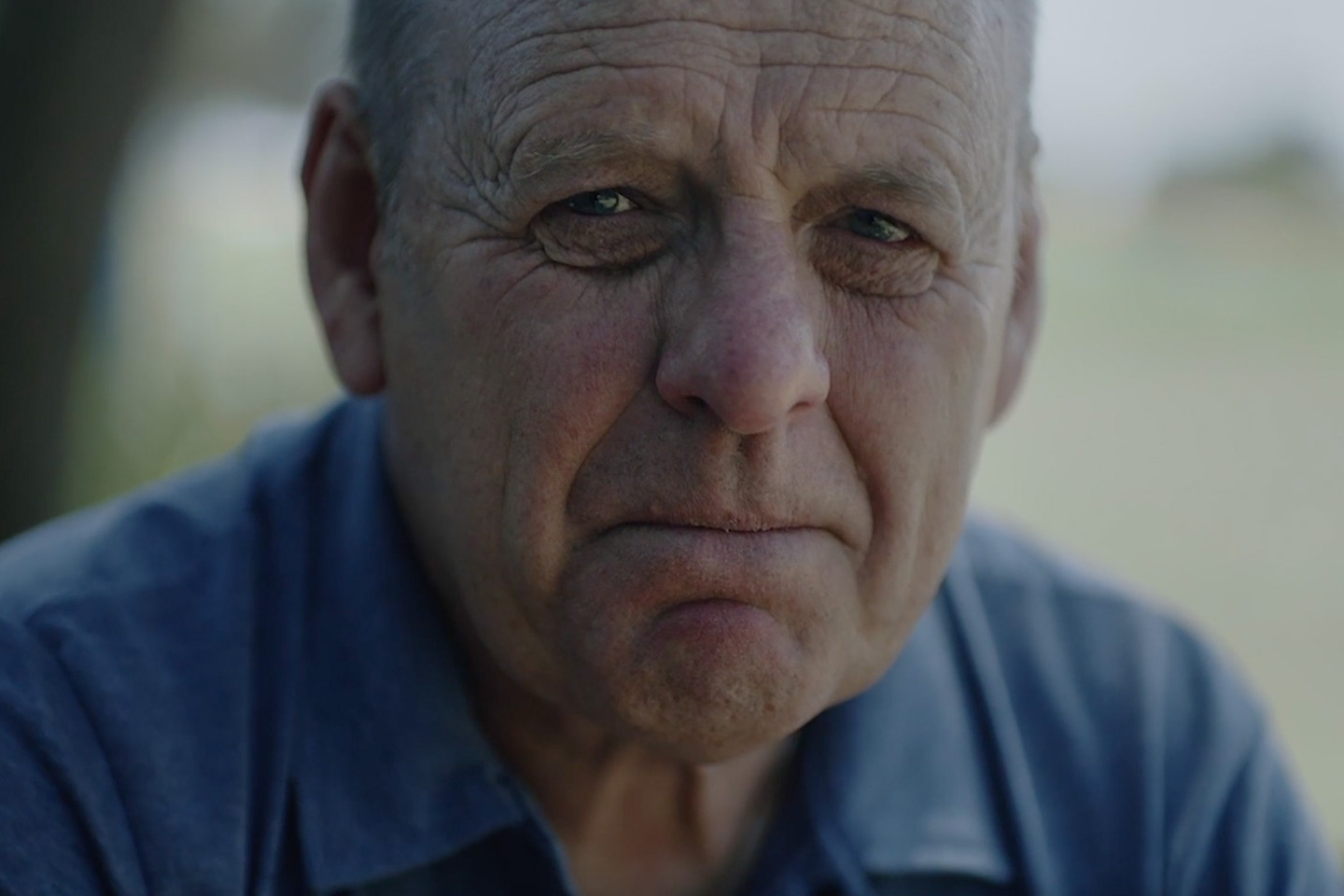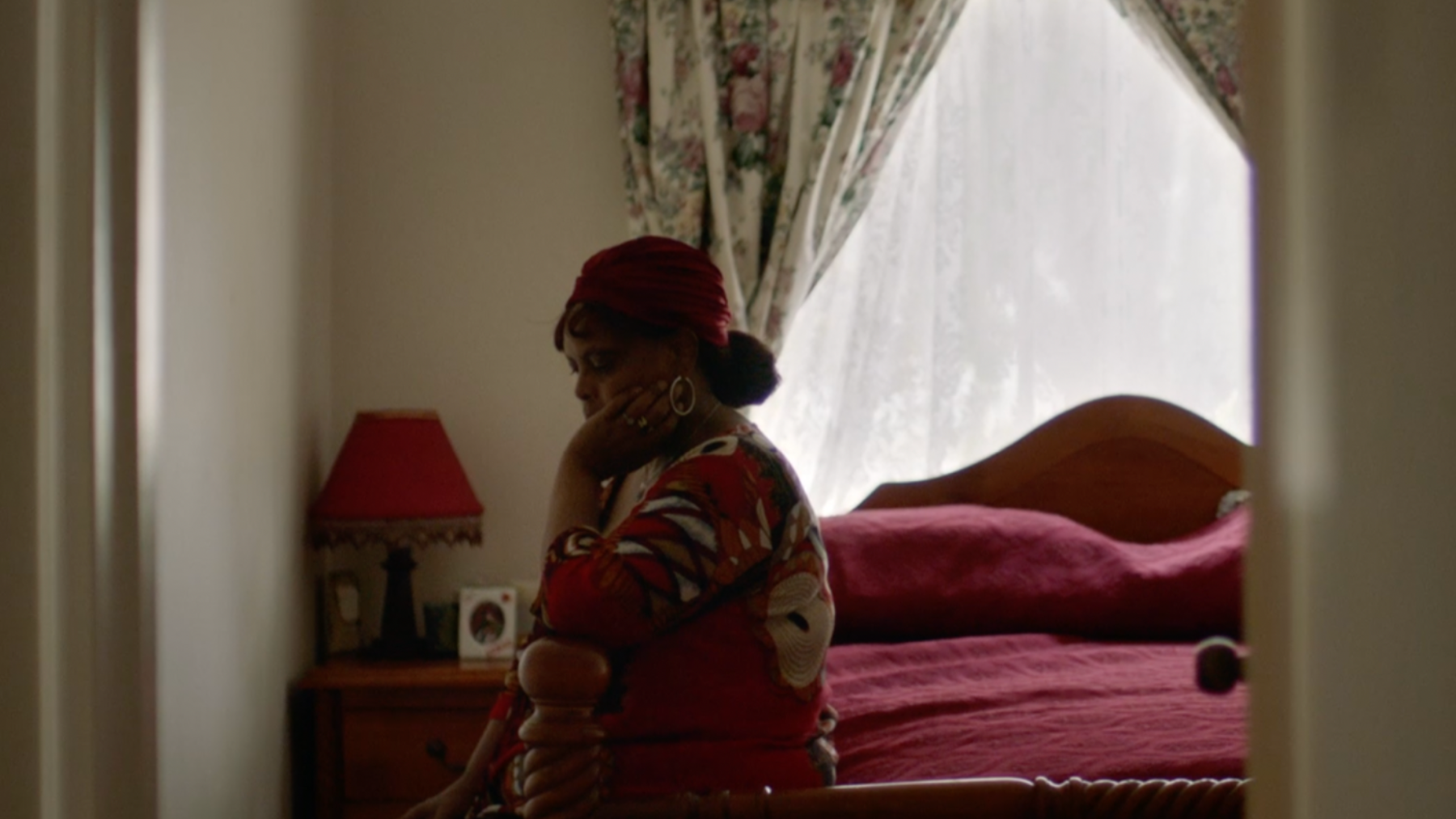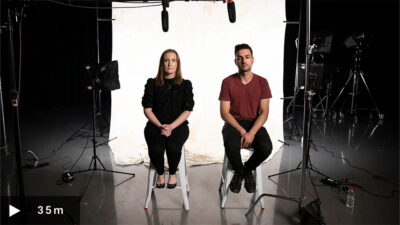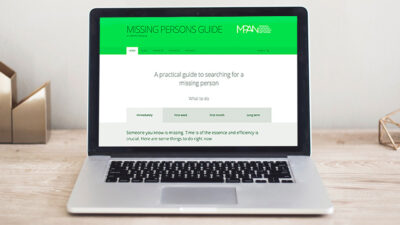Is your loved one missing? See our dedicated site with advice, a checklist and templates.
Ambiguous loss is the complex type of grief that loved ones of missing persons experience
Different to standard loss, the lack of clarity complicates and delays the grieving process, resulting in an unresolved, continual grief commonly referred to as ‘unending not-knowing.’
*Ambiguous Loss, the theory and the book; Emeritus Professor Dr Pauline Boss (Harvard University Press, 1999/2000)

“The disappearance of a loved one is the only
Florence Anselmo, International Committee of the Red Cross
wound that keeps getting worse over time.”
UNIQUE FORM OF GRIEF
Psychologists around the world consider it to be the most traumatic kind of loss and most unmanageable form of stress.
Without the rituals associated with a clear loss, such as bereavement (ceremonies like a funeral, burial, and being able to visit a grave), families and friends of missing people experience disenfranchised grief.
“The crisis point is often reached when people look for help in figuring out if they should be letting go or holding on.”
Moving Forward, Counselling Services for Families of Missing Persons

In Australia, we’re lucky to have internationally renowned expert Assoc. Prof. Sarah Wayland, with whom we’ve collaborated with since Day 1. Sarah spent her 2005 Churchill Fellowship with ambiguous loss pioneer Dr Pauline Boss, and brought her wisdom on this unique form of grief back with her.
In 2020, we commissioned a pilot program connecting families seeking specialised counselling psychologists and counsellors trained by Sarah. Based on the success of this pilot, Sarah has since trained service providers across Australia and abroad, including the AFP’s National Missing Persons Coordination Centre, the Red Cross, WayAhead, as well as charities in the UK, Ireland and Canada.
In 2023, we made Sarah’s expertise accessible for everyone in the form of a masterclass (below).
Ambiguous Loss
MASTERCLASS
In partnership with Assoc. Prof. Sarah Wayland, The Missed Foundation is proud to provide insight and training to impacted families, the general public and those regularly providing support to families.
This world-first initiative provides vital professional and personal development to those who work with, or are close to, loved ones of missing people (including police, media, volunteers, social workers and mental health professionals).
Ambiguous Loss Masterclass
Ambiguous Loss 101
Understand the fundamentals around the ways in which ambiguous loss shows up in people’s lives when someone is missing.

Ambiguous Loss Masterclass
Advanced Skills Training
The second component offers a deeper dive into the theoretical concepts and is intended for professionals regularly providing support to families.
OUR WORK
Supporting those impacted
We have created practical and emotional tools to help cope.





